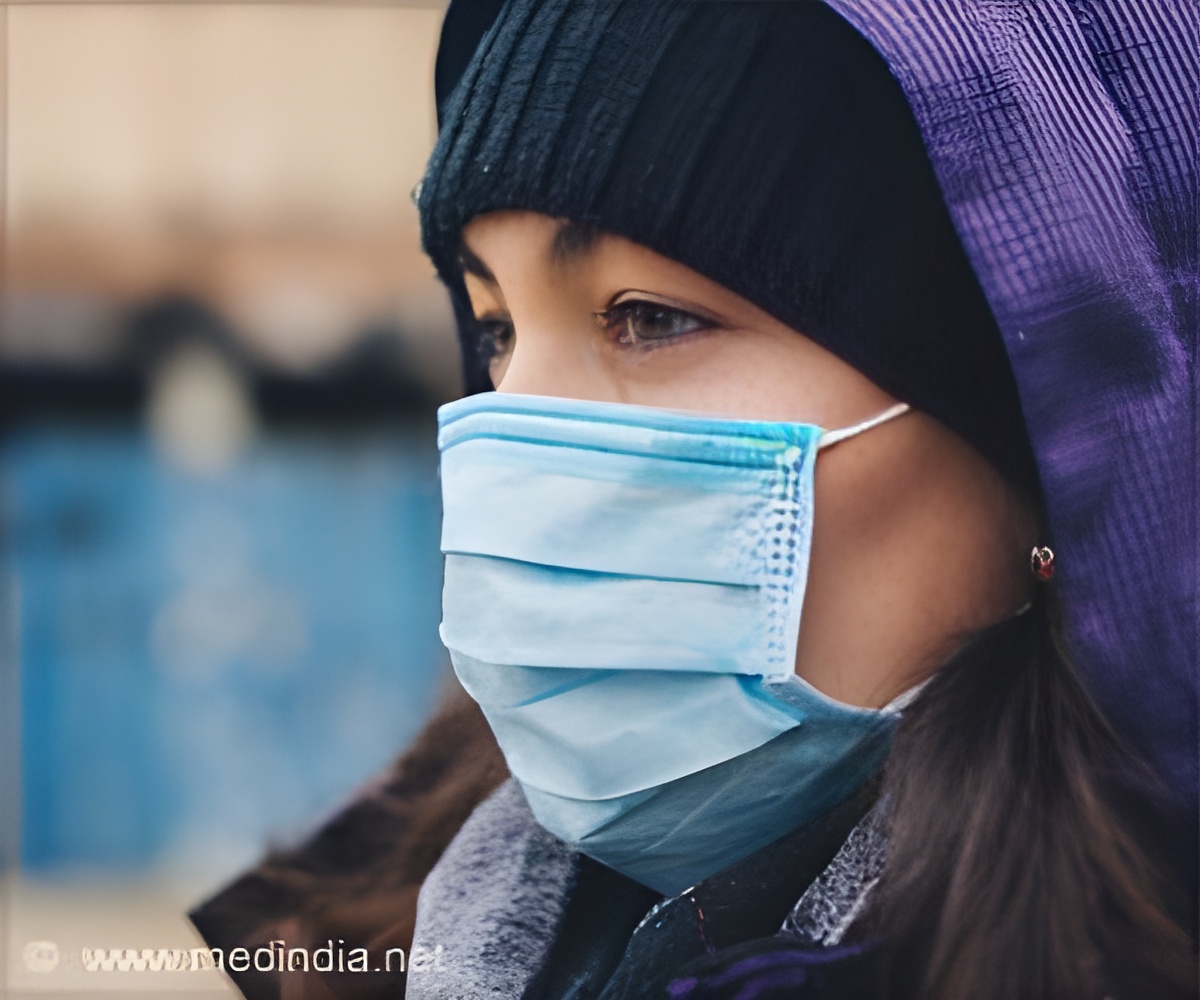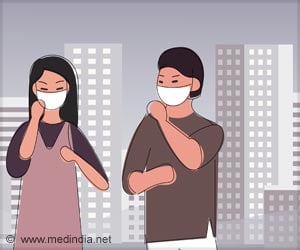COVID-19 outbreak won't end until 60-70 percent of the human population is immune to the novel coronavirus, as it may take between 18 and 24 months to develop a vaccine for it, says a Public Health Professor of Johns Hopkins University in the USA.

‘The COVID-19 outbreak won't end until 60-70 percent of the human population is immune to the novel coronavirus, as it may take between 18 and 24 months to develop a vaccine for it.’





In his address at the webinar organized by Indian Institute of Health Management and Research (IIHMR), Jaipur on "Effect of COVID-19 on Indian Economy: Policy and Programmatic Implications" and attended by 722 participants, Bishai, a professor at the Bloomberg School of Public Health, Johns Hopkins University, suggested focusing on the health needs for poor. If a vaccine is developed in the next two years, it will impact the Indian economy dramatically, particularly the health sector, because there will be less money, and the human resource available to run the existing programs will not be enough, Bishai said.
"The immediate need is to recover small business post-COVID-19 by ensuring that the credit should reach them regularly from banks so that employment can be created," he said.
Dr. Narain Sinha, the Professor, University of Botswana, talked about the Indian economy before Covid-19, the present situation, and the economy after Covid-19. His absolute focus was on the issue of migrant laborers, as they are most important for the Indian economy.
"During the lockdown, 92.5 percent of laborers have lost 1 to 4 weeks of their work. Therefore Government should make immediate policies according to local demographic, social and economic fabric," he said.
Advertisement
"The tragedy that has made us realize that a very large section of daily wage earners in the country became very vulnerable in the wake of the pandemic. We need to focus on migrant laborers that they get immediate employment in their own villages, which could help in boosting the rural economy and sustainable livelihoods for poor," he said.
Advertisement
Source-IANS















